Dirasat (KFCRIS Papers)
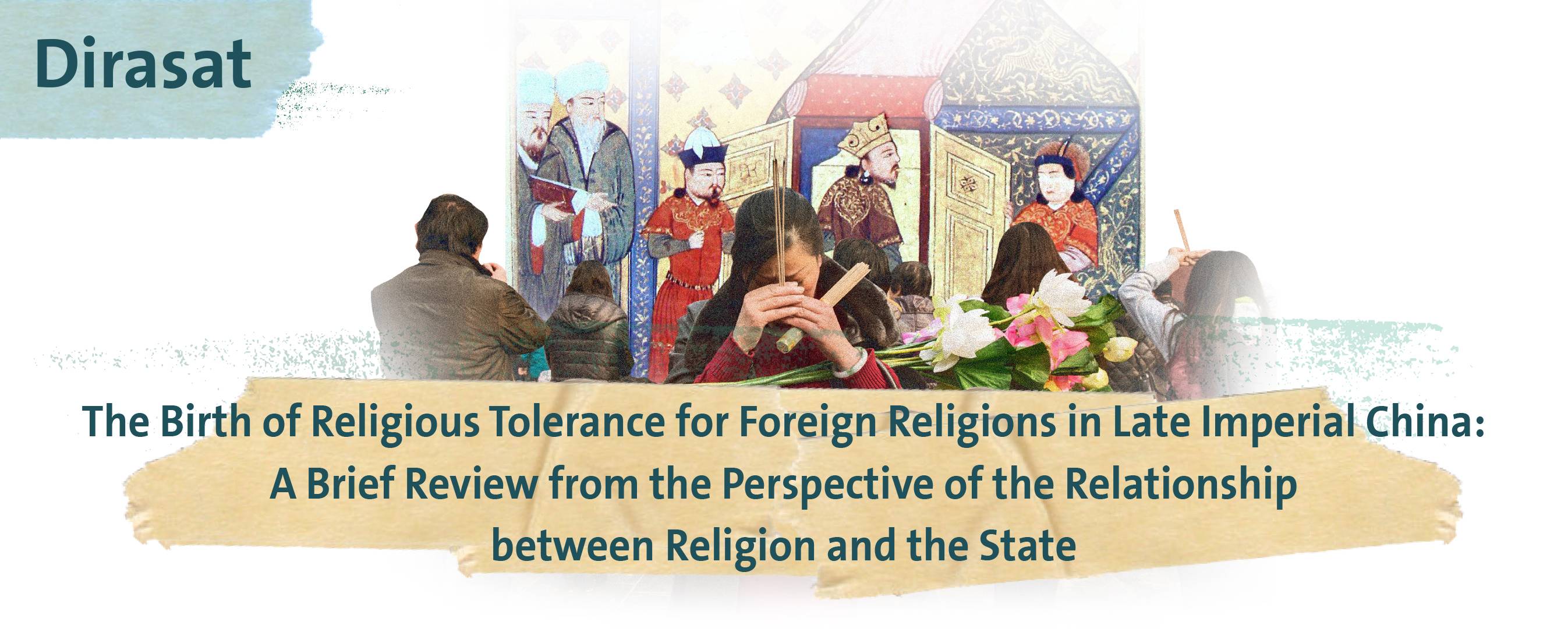
Number: 55
Author: Hung Tak Wai
Chinese political philosophy during the imperial era, which included Confucianism as one of the main schools of thought, was a tradition that tightly fused ethics and politics together. Scholar-bureaucrats of the empire were obliged to promote an “ethical” way of living for the people. This changed in the early eighteenth century when followers of the Abrahamic religions grew to a significant number. Although tolerance for Islam and Christianity was not a universally accepted concept in the late imperial era, and although neither the state nor the scholar-bureaucrats aimed at embracing the diversity of culture and value this entailed, the acceptance of the practice of differen
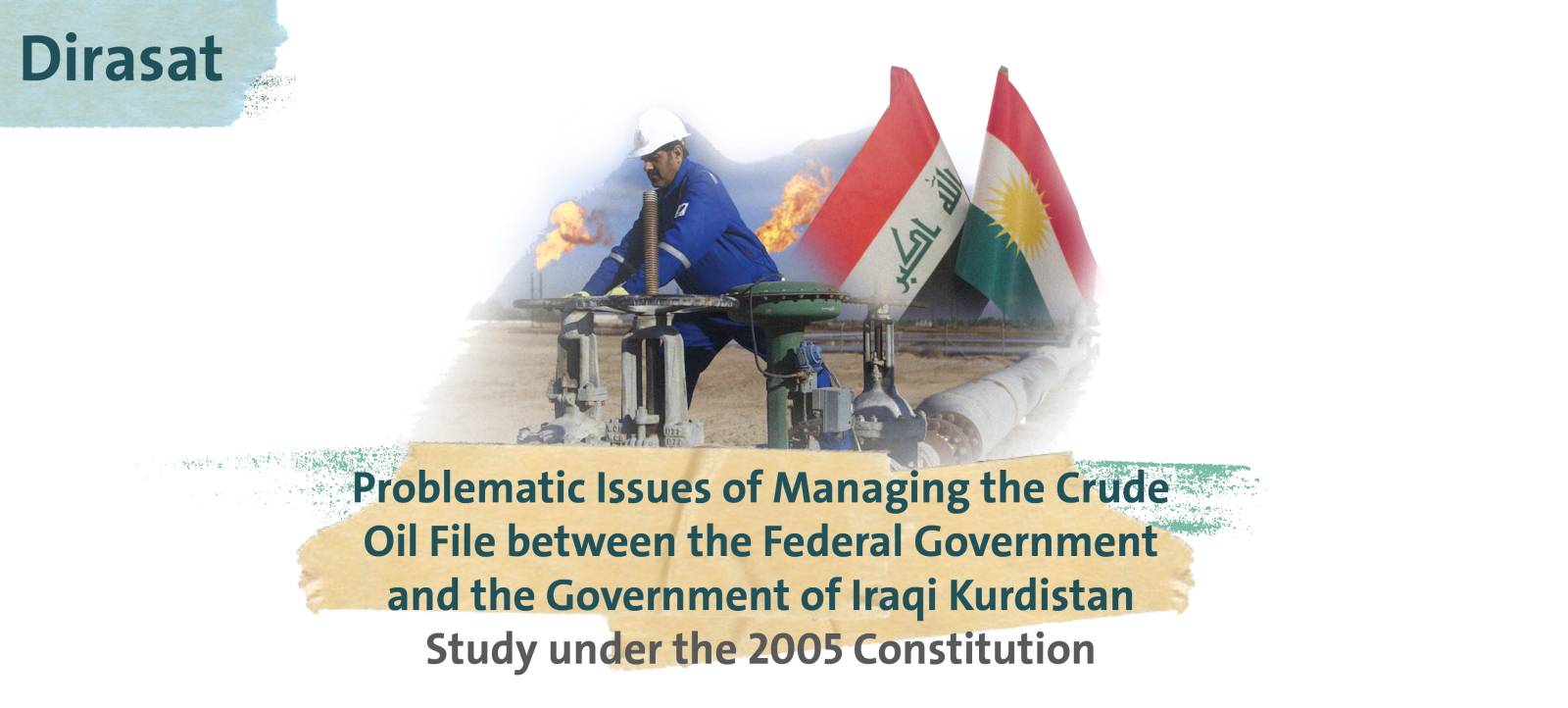
Number: 54
Author: Dr. Saddam faisal kokez almohammedi
The crude oil file in Iraq is the biggest and most concerning problem faced by consecutive Iraqi governments formed since 2003, due to the importance of this file at the national level. Perhaps the most significant part of the complexity that permeates this file is the conflict between the Federal Central Government and the Territorial Government, which is nurtured mainly by opposing legal and political perspectives resulting from viewing the constitutional texts of the 2005 Iraq's Federal Constit
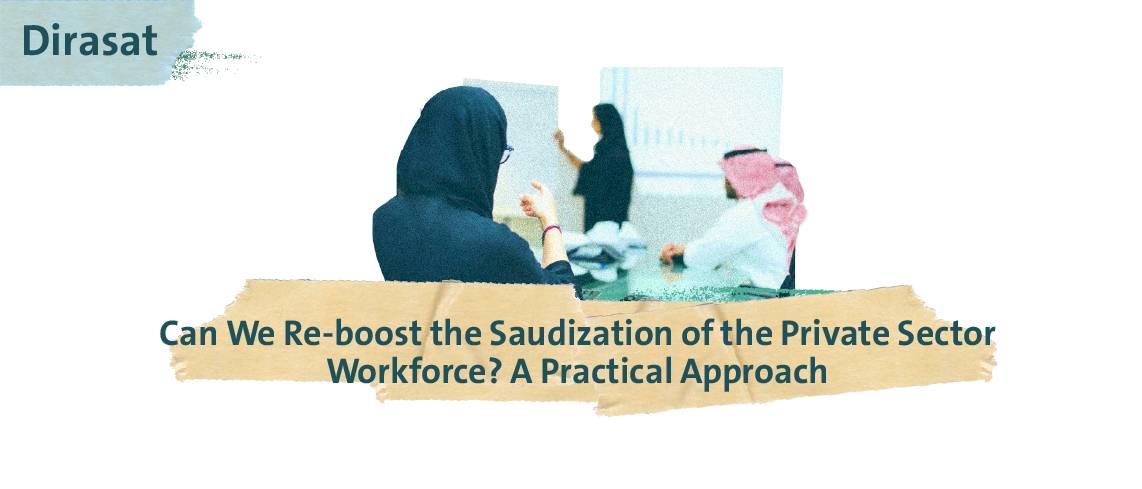
Number: 53
Author: Makio Yamada
Over the last decade, around a million Saudis, half of whom are women, joined the private sector. As of the third quarter of 2019, the private sector employed 1.67 million Saudis. The Nitaqat quotas introduced in 2011 especially boosted Saudization, doubling the number of Saudis in the private sector in three years to 1.4 million. Compared to this early boost, the speed of Saudization over the following years was slower as many relatively well-paid jobs had already been localized. The remaining jobs held by expats appear less attractive to Saudi citizens as suggested by the large—over SR 4,000—average monthly wage gap between Saudi and expat employee
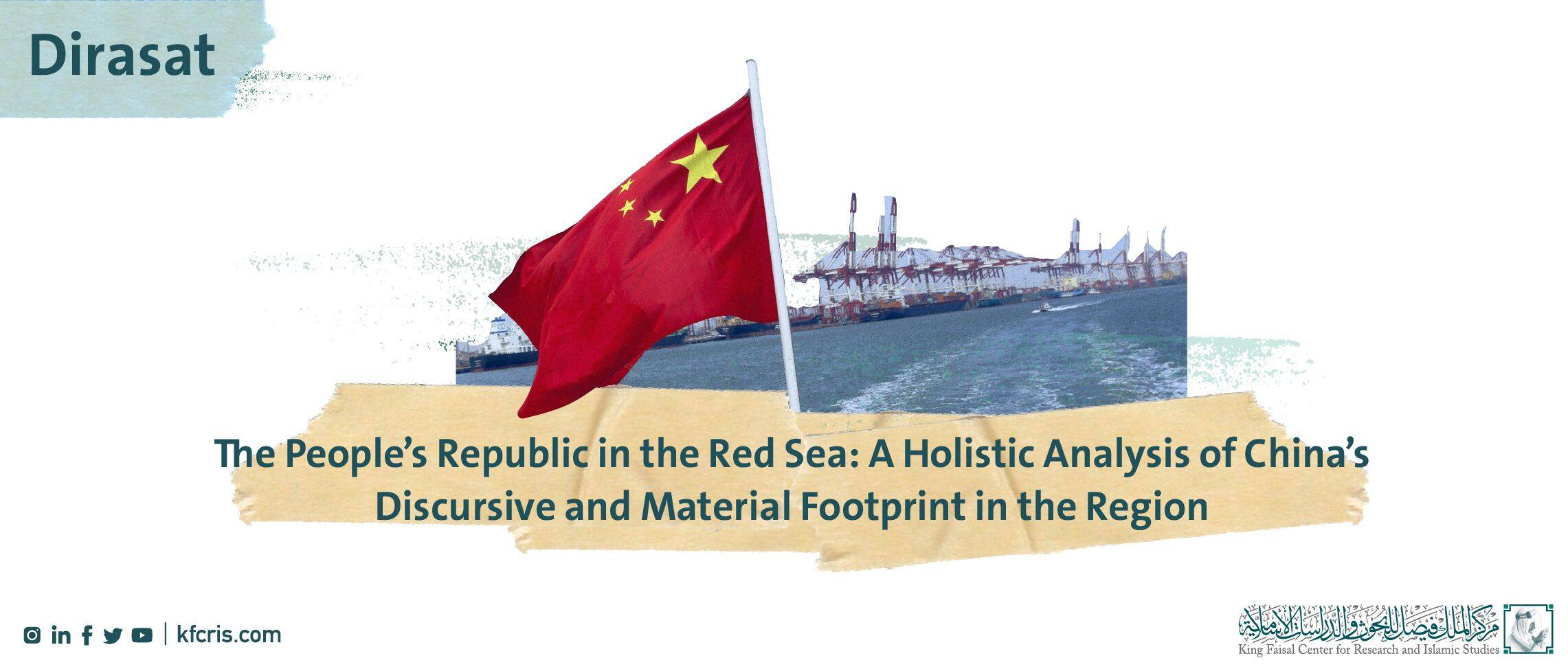
Number: 52
Author: Mohammed Al-Sudairi
The report explores how the Red Sea is conceived in Chinese-language academic discussions as a means towards understanding the strategic perceptions and calculations of Chinese political elites toward the region.
It provides a detailed and comprehensive overview of China’s multifaceted and dynamic material footprint across the Red Sea, focusing primarily on its political, econo
Number: 51
Author: Javier Bordón
From 2014 onwards, Saudi-Iraqi relations depict an emerging set of drivers at the international, domestic and decision-making levels framing the steps in a process of bilateral rapprochement. Among the various aspects in which cooperative schemes are gaining momentum, the present paper deals with the untapped potential of the Saudi-Iraqi land border, its idiosyncrasy, challenges and opportunities. For doing so, the analysis will unfold in the areas of border security, cross-border infrastructure and regulation, trade, oil transport, electricity interconnection and religious pilgrimage.
Number: 50
Author: Muhammad Zulfikar Rakhmat
Although the Gulf is not highlighted on the official map of China’s Belt and Road Initiative, it is one of the main regions where the BRI is being implemented. President Xi Jinping has repeatedly emphasized that Gulf countries are essential partners in jointly building the BRI. Since then, various actors from China, mainly firms, banks, and financial institutions have actively embarked on efforts to implement the BRI in the Gulf. This report aims to analyse how China's legitimating efforts are being carried out and who are the actors involved. It does so by dividing China’s efforts into two components: the efforts, which concerns
Number: 49
Author: Fahad Alsharif
This article seeks to trace the impact that gradual changes in higher education have had on women’s inclusion into the Saudi workforce. It focuses, in particular, on the early efforts to enhance the educational system, the nationalization of jobs, culminating with the Nitaqat system; the impact of the King Abdullah Scholarship Program (KASP); and the most recent Vision 2030 initiatives; all of which have left their imprint on the social role of women in Saudi society. This paper attempts to answer a wide array of interrelated questions, relying on a path-dependence assessment up to the present juncture, which aims at mirroring the nexuses between
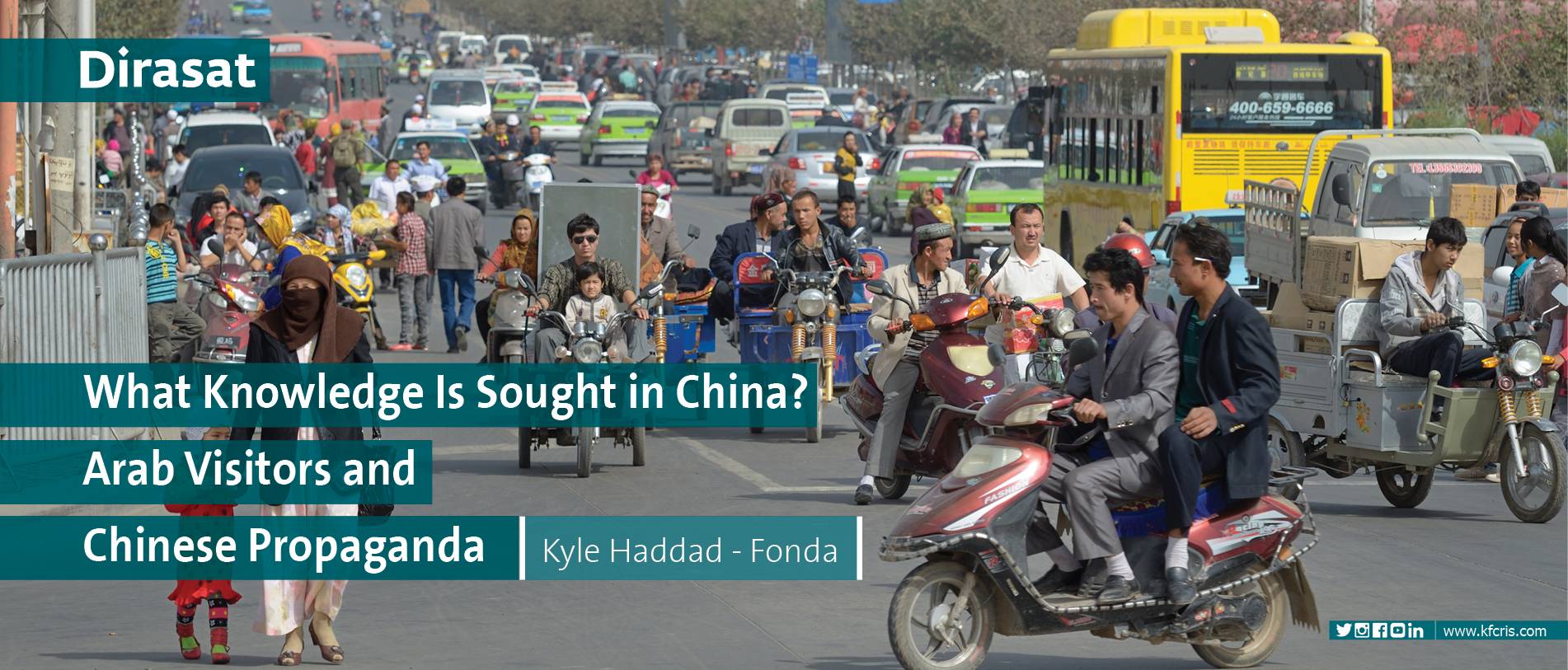
Number: 48
Author: Kyle Haddad - Fonda
This article investigates the experiences of Arab dignitaries, journalists, youth groups, and trade envoys who have visited the People’s Republic of China in an official or semiofficial capacity since China’s initial overtures to Middle Eastern countries in 1955. First, it outlines the “standard itineraries” given to Arab delegations touring China both in the 1950s and in the twenty first century, demonstrating how the changes to this agenda reflect the shifting priorities of the Chinese state. Second, it explores how the Chinese government has refined
Number: 47
Author: Paul Musgrave
Political polarization plays an increasingly prominent and formative role in American politics. Its effects are visible in how Americans feel about politics, how candidates for office win election, how compromises can (or, more often, cannot) be reached, and how U.S. institutions increasingly face risks in carrying out even ordinary functions, including periodic crises over shutdowns or defaults. Yet the meaning of political polarization for U.S. foreign policy has been overlooked. This report argues that polarization has begun to produce a great effect on how the United States makes policy, including policy toward allied and partner states. Since the
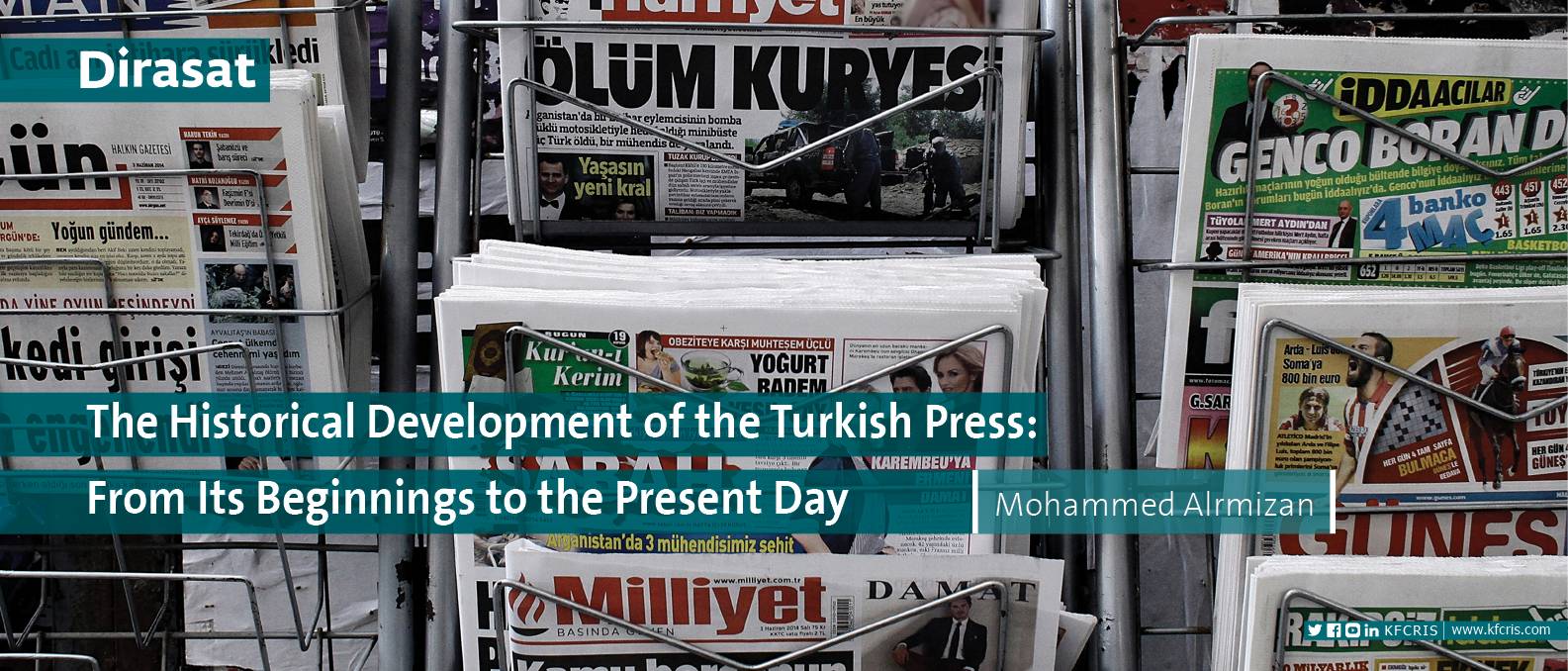
Number: 46
Author: Mohammed Alrmizan
This article provides a historical overview of the development of the Turkish press since its beginning during the nineteenth and twentieth centuries in the Ottoman Empire and through various critical periods of the Turkish Republic. It explores, first, how the press and the printing houses developed during the last stages of the Ottoman Empire. Moreover, it reveals the abuses of the press, assassinations of many Turkish journalists and other important figures, and appearance of newspapers during times of critical transformations, like those of Tanzimat, Sultan Abdul Hamid II, and the Young Turks. Second, it offers a detailed account and analysis of th
